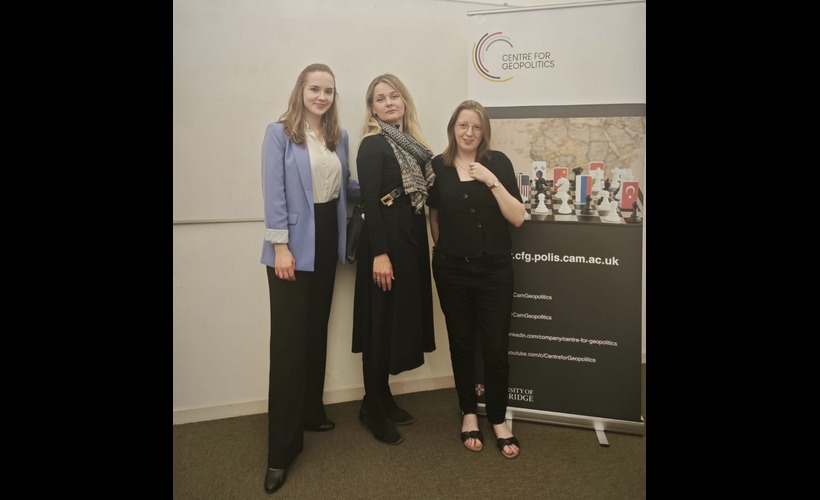By James Vitali, former Ax:son Johnson Research Assistant in Applied History
Who does the United Kingdom deal with when it interacts with the European Union? For many years, as a member state, this was not a particularly pressing question. Britain interacted with fellow European countries through EU institutions, in particular the European Council. It sent MEPs to Brussels. But now that Britain is a “third country” after its departure from the EU, the issue is a more vexed one. Is the EU a country, or an international organisation? The UK traditionally gives full diplomatic status to representatives of the former but not the latter, and the granting of the EU Representative in London the inferior “diplomatic recognition” was interpreted across the Channel as a diplomatic snub to the EU.
As part of a joint agreement with the EU, Ambassador Joao Vale de Almeida has just recently been given full diplomatic status by the UK government. Immediately prior to that, Ambassador Almeida addressed the Centre for Geopolitics and took part in a Q&A with our director, Professor Brendan Simms.
Ambassador Almeida was, unsurprisingly, diplomatic in what he had to say throughout about the UK and UK-EU relations. In his conversation with Professor Simms, he would not be drawn on questions about the integrity of the United Kingdom and the desires of the Scottish Nationalist Party to join the EU as an independent country. The Ambassador spoke of the need for both the UK and the EU to collaborate constructively to make the Withdrawal Agreement and the new UK-EU trade partnership work.
One thing that stood out though was a genuine sense of optimism in what he had to say about the prospects of the UK post-Brexit. Of course, Ambassador Almeida noted his regret for Britain’s separation, and he often described Brexit as a “problem” that would hamper future cooperation between the UK and the EU. But the Ambassador was also happy to speak to the significant advantages that the UK possesses – as one of the largest economies in the world, as one of five permanent members of the UN Security Council, and as a nuclear power. He also spoke of Britain’s extensive “soft power” – something the UK government itself has been keen to talk up as part of its Global Britain narrative. The Trade and Cooperation Agreement, the Ambassador said, was full of “possibilities” and “potential” for both the UK and the EU. He spoke warmly of the shared values and interests of the two parties, particularly in terms of preserving an international order committed to multilateralism, addressing climate change and combatting nuclear proliferation.
But perhaps the most interesting aspect of his conversation with Simms were his comments on the UK’s recently published Integrated Review of Security, Defence, Development and Foreign Policy, and this was where a potential divergence in the UK and EU’s future interests was perhaps most apparent. Whilst he praised the document for its comprehensiveness, he lamented that the Review did not take a more “engaged” approach towards Europe and argued that the document undersold the potential in the UK-EU relationship. As Professor Simms pointed out, the current government sees plenty of threats from the Continent, particularly in the East, but imagines the opportunities to lie elsewhere – in the Indo-Pacific and across the Atlantic.
Britain has committed to being the biggest European military contributor to collective security, and it has underlined its pledge to maintaining its presence in the Joint Expeditionary Force as a deterrent to Russia in the East. But whilst the Ambassador spoke of the common interest the UK and EU have in preserving the existing international order, he will be acutely aware of the Integrated Review’s fundamental contention that a new world order is being formed, and that if the UK wants to shape it, it needs to look beyond Europe.







